Published on Daily Mirror
The RTI Act lays the foundation for greater transparency of decisions and actions of elected and public officials and empowers citizens to hold them accountable
The ability to access information in Sinhala and Tamil, the two national languages of the country, is vital to truly realise the right to information guaranteed by the 19th Amendment to the Constitution
Large sums of money borrowed for large infrastructure projects is a key contributor to Sri Lanka’s Mountain of foreign debt, which the country is struggling to pay back. Lack of transparency, coupled with poor governance frameworks within which decisions are made about such projects, makes them highly vulnerable to corruption. To reduce such vulnerabilities, it is vital to enhance transparency of the decision-making process. This is why section 9(1)a of the Right to Information Act No. 12 of 2016 is of particular importance in relation to infrastructure projects.
Section 9(1)a, mandates the Minister responsible for implementing a project to proactively disclose – without waiting for a citizen to file a request – information relating to it, three months before commencement. Section 9(1)a is applicable to foreign-funded projects costing USD.100,000 or more and locally-funded projects costing Rs. 500,000 or more. The guidelines issued by the RTI Commission under Section 9(1)b of the RTI Act requires the information on large projects to be made available in Sinhala and Tamil, and for such information to be published in a digital electronic format on the ministry website. The list of information required to be disclosed is comprehensive. The list includes information such as project objectives, rationale, budget, whether a project has obtained necessary clearances (such as environmental clearances), information about the contractor, contracts signed, and whether it is a solicited or an unsolicited project.
Verité Research’s assessment of government compliance with proactive disclosure requirements of section 9 is published in a trilingual dashboard named ‘Infrastructure Watch’, housed under publicfinance.lk platform. The dashboard tracked proactive disclosure of information online for 60 large-scale infrastructure projects in 2022 and 2023. The combined value of projects assessed in 2022 was slightly over LKR 1 trillion and in 2023 over LKR 2 trillion.
Disclosure poor, even worse in Sinhala and Tamil
The findings of the assessment by Verité Research reveal that a significant share of information critical to improving infrastructure governance – such as project approvals and clearances and project procurement and contracts – remains hidden from the public.
Extremely low disclosure of information on projects that are to be built with such large sums of public money is highly problematic and reprehensible. This is more so at a time the Sri Lankan citizens are enduring immense suffering because of irresponsible borrowing, high levels of corruption, and poor management of public finances by the government.
The ability to access information in Sinhala and Tamil, the two national languages of the country, is vital to truly realise the right to information guaranteed by the 19th Amendment to the Constitution. As mentioned earlier, the guidelines issued under Section 9(1)b require the respective agencies to proactively disclose information about large-scale projects in Sinhala and Tamil and, if feasible, in English. The Verité Research assessment found that what happens in practice is the exact opposite. Not only do agencies fail to share most of the information that must be proactively disclosed, but when they do, the limited information disclosed is primarily provided in English.
Information in Sinhala and Tamil appears to be provided only when feasible.
For example, the assessment conducted in 2022 found that only 18% of the information was disclosed, and this information was mainly published in English. Only 5% was published in Sinhala and 4% in Tamil. The 2023 assessment found the continuation of the same trend – only 25% of the information was published and this was mainly in English. Only 8% was published in Sinhala and Tamil. As a result, Sri Lankan citizens not fluent in English, who constitute 69% of the population, are deprived of access to more than two-thirds of the information disclosed. This language bias against Sinhala and Tamil undermines Sri Lankan citizen’s right to information and raises questions about the government’s commitment to transparency, inclusivity, and accountability.
Reversing this trend is critical to prevent misuse of public funds Entrenched corruption and weak governance have contributed to the mismanagement of public funds over the years, serving as key catalysts in Sri Lanka’s ongoing economic crisis. Reducing corruption vulnerabilities has therefore been prioritized as a crucial objective in Sri Lanka’s International Monetary Fund (IMF) programme, aimed at restoring long-term economic and political stability. Notably, Sri Lanka stands as the first Asian country to undergo an IMF governance diagnostic mission, which is an assessment to identify critical governance weaknesses and corruption vulnerabilities, with significant macroeconomic implications.
The RTI Act lays the foundation for greater transparency of decisions and actions of elected and public officials and empowers citizens to hold them accountable.
Compliance with proactive disclosure requirements is critical in this regard to enhance transparency and integrity in government, reducing corruption and facilitating greater accountability in the spending of public funds. It provides access to information without the need for formal RTI requests, reducing the costs and time taken to file a request or engaging in administrative procedures. For public authorities, proactive disclosure lessens the burden of complying with information requests under the RTI Act, while also encouraging better information management within the organisation.
The diagnostic report of the IMF on critical governance weaknesses and corruption vulnerabilities is expected to be published end of September 2023. It is important that such diagnostic reports recognise poor compliance with the RTI Act in general – and especially in relation to public investments in large infrastructure projects – as a critical weakness in governance that needs to be addressed to prevent widespread corruption in the country.
Subhashini Abeysinghe is a Research Director at Verité Research. She holds a Bachelor’s and a Master’s Degree in economics from Colombo University and a Master’s Degree in International Law and Economics from the World Trade Institute, University of Bern.
Chathuni Pabasara is a Junior Research Analyst at Verité Research. She holds a Bachelor of Business and Commerce in Applied Economics from Monash University Malaysia and is currently reading for a Master’s degree in economics at Colombo University.

